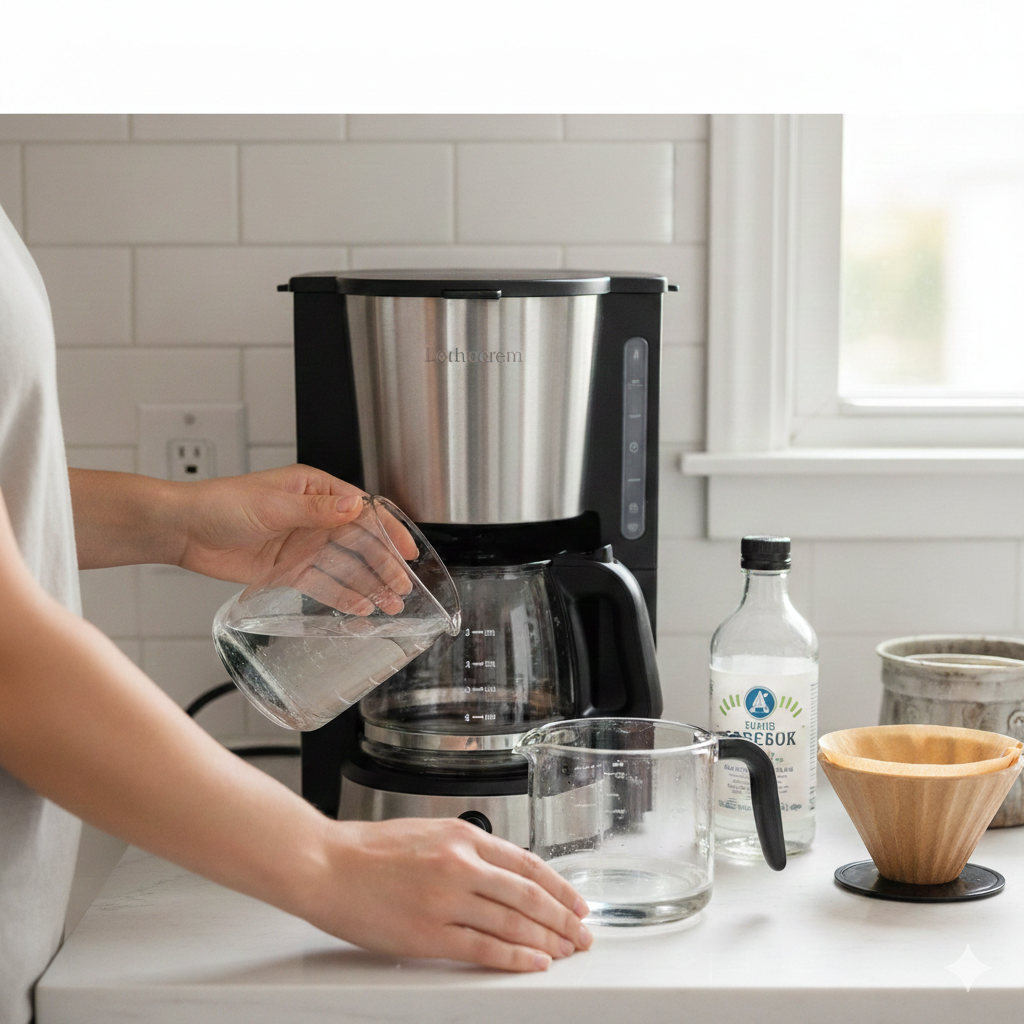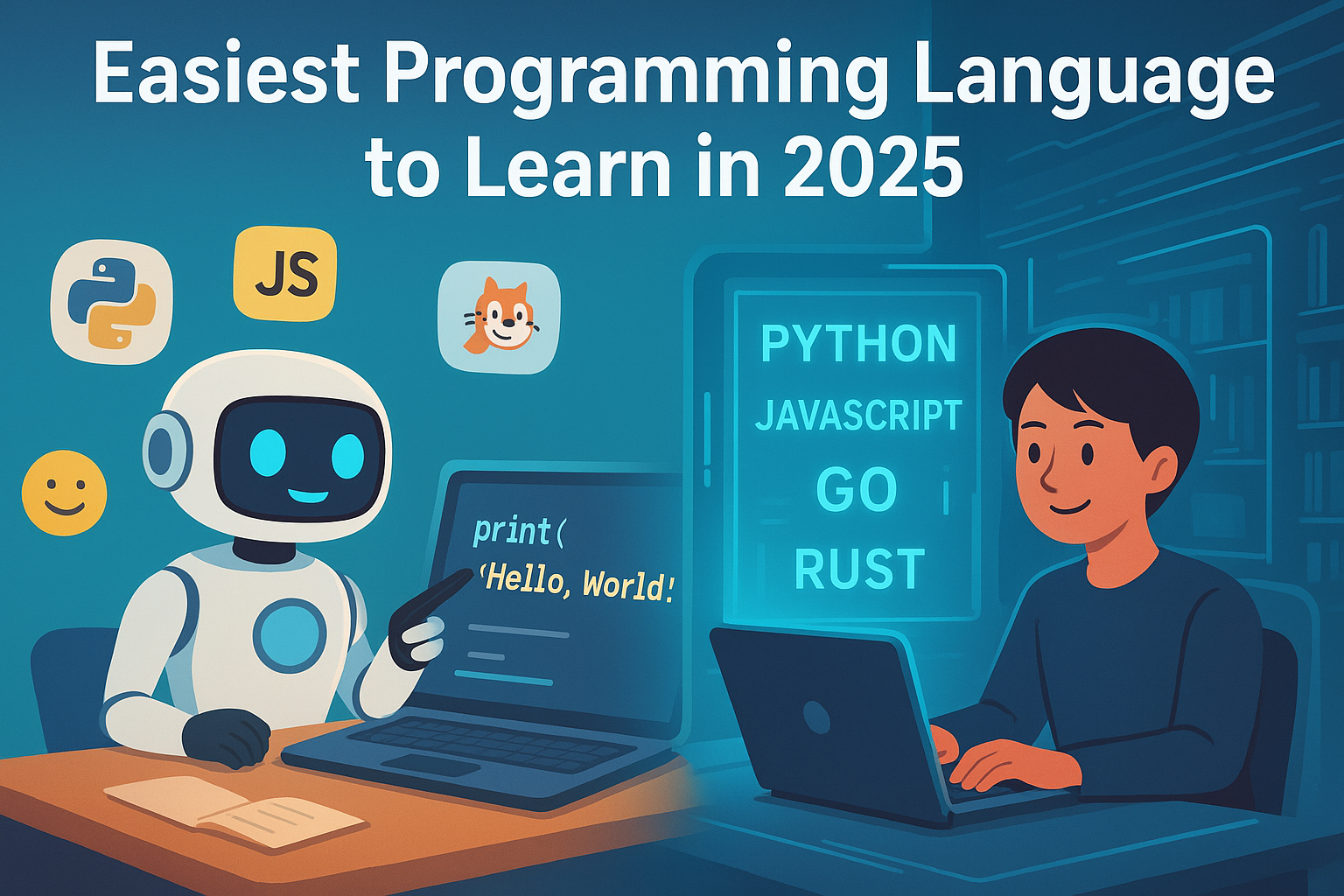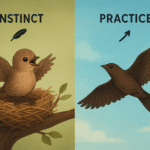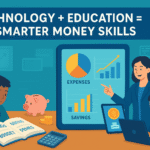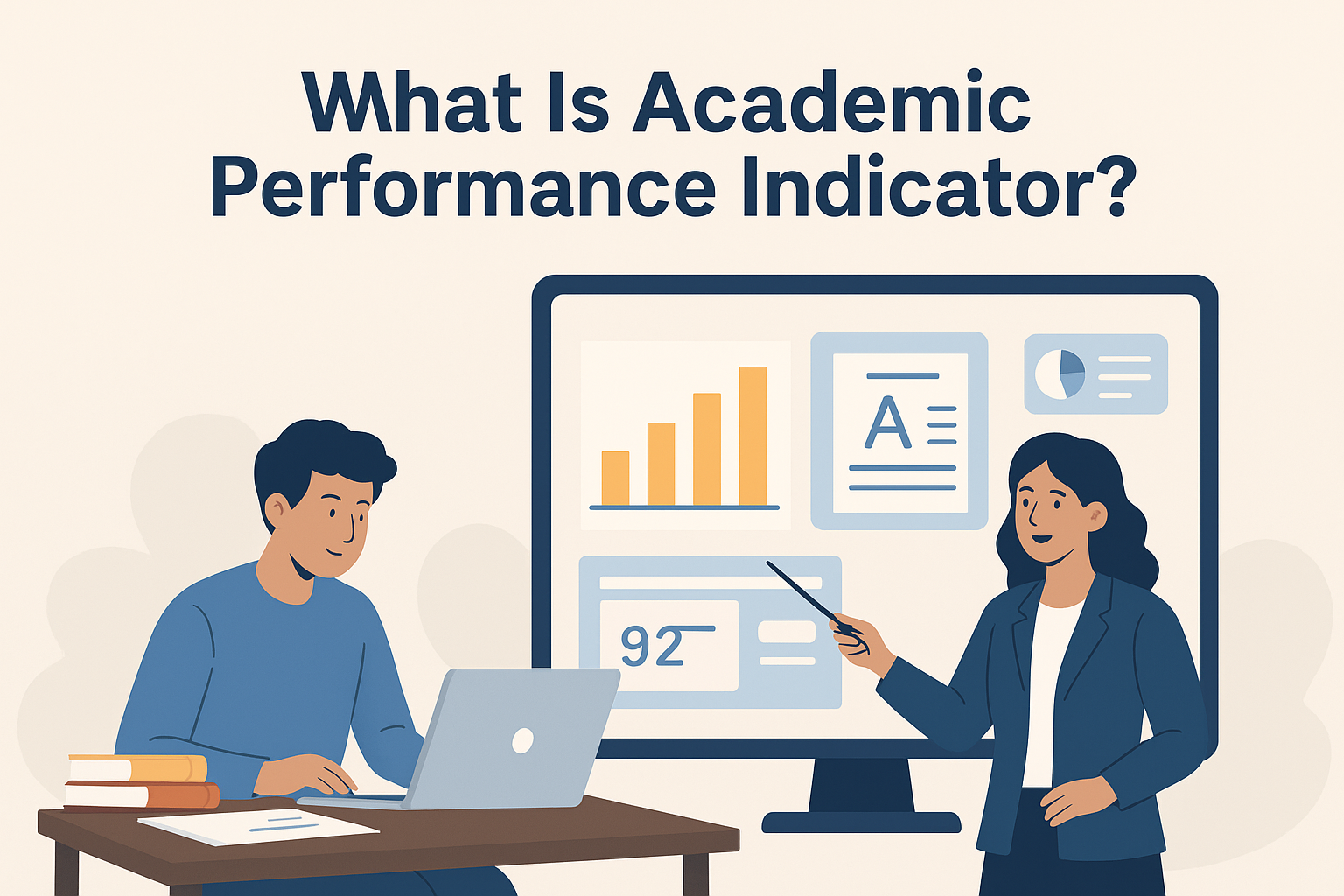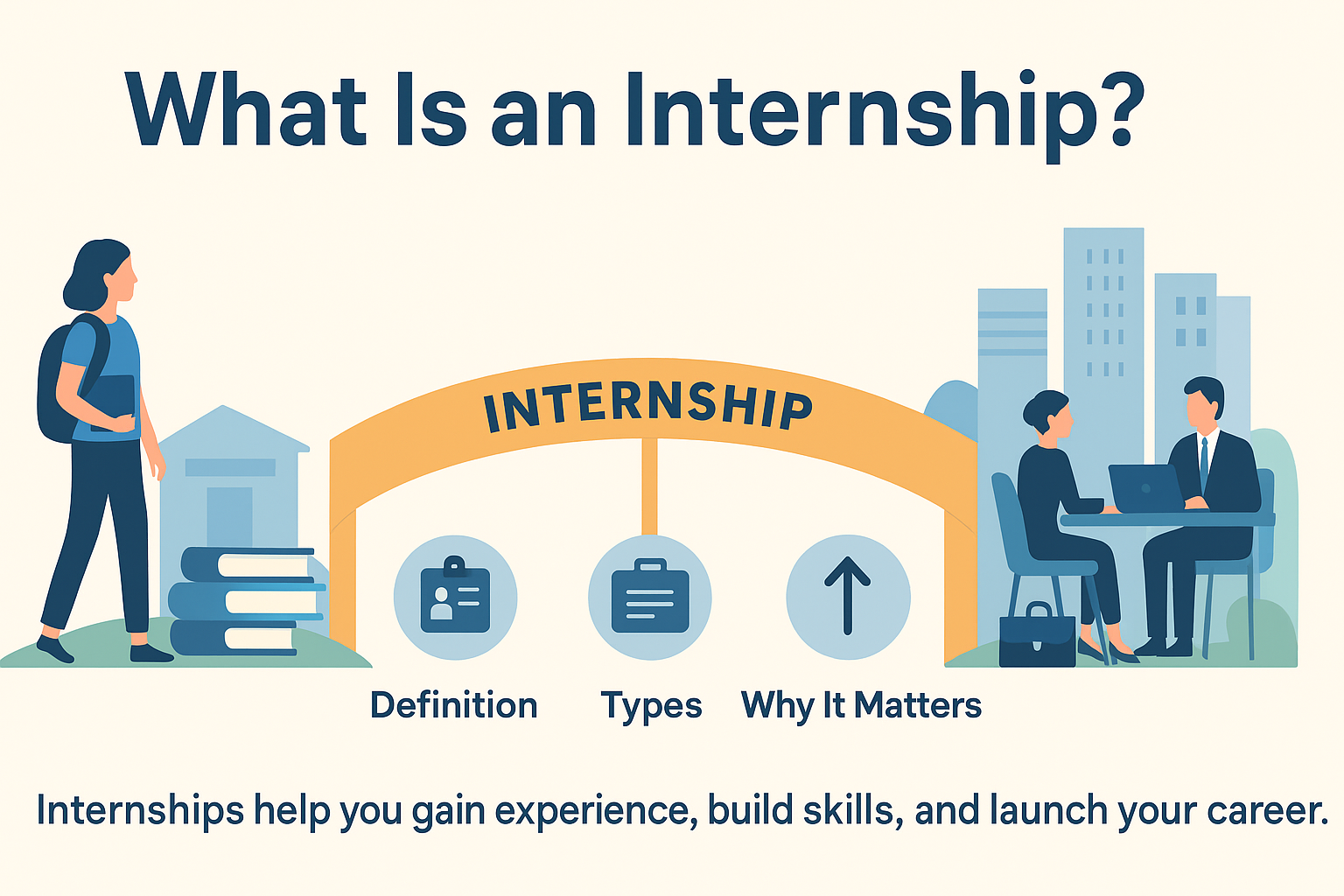Technology shapes everything around us — from the apps on our phones to the AI tools rewriting industries. And as digital skills become as essential as reading and writing, more people are asking: “What’s the easiest programming language to learn?”
If you’re new to coding, choosing the right starting point matters. Some languages are intuitive, beginner-friendly, and widely supported — while others can feel overwhelming. In this guide, we’ll explore the easiest programming languages for beginners, what makes them simple, and how to choose the best coding language to learn first based on your goals.
What Makes a Programming Language Easy to Learn?
Not all programming languages are created equal. Some are designed with simplicity in mind, while others prioritize efficiency or machine-level control. For beginners, here are the factors that make a language easier to grasp:
- Readable syntax — Languages like Python are almost like writing plain English.
- Strong community support — The more tutorials, forums, and resources available, the easier it is to troubleshoot.
- Practical application — Seeing results quickly helps you stay motivated.
- Low entry barrier — No need for complex setups or expensive software.
💡 Tip: Start with a language that balances simplicity and real-world use. This way, you’re learning skills that can grow with you.
Easiest Programming Language to Learn as a Beginner
When people search for the easiest programming language, the answers often point to the same beginner-friendly options. Here are the most popular choices for 2025:
1. Python – The All-Rounder
- Why it’s easy: Python’s syntax reads almost like English. You don’t need to write extra code for basic functions.
- Best for: Data science, AI, machine learning, web development, and automation.
- Beginner benefit: Immediate results — you can write your first working program in minutes.
- Example:
print("Hello, world!")
2. JavaScript – The Web Champion
- Why it’s easy: If you’ve ever interacted with a website, JavaScript made it possible.
- Best for: Web development (front-end & back-end), app development, interactive websites.
- Beginner benefit: Instant visual feedback — you can see your code bring websites to life.
3. Ruby – The Beginner-Friendly Developer’s Choice
- Why it’s easy: Designed to be simple and elegant. The code is short, readable, and forgiving.
- Best for: Web development, especially with Ruby on Rails.
- Beginner benefit: Encourages writing clean, simple code.
4. Scratch – Coding Without Code
- Why it’s easy: Scratch uses drag-and-drop blocks instead of text-based syntax.
- Best for: Kids, absolute beginners, or anyone wanting to understand coding logic.
- Beginner benefit: Learn core programming concepts without worrying about errors.
5. HTML & CSS – The Foundation of the Web
- Why they’re easy: While not full programming languages, HTML and CSS are the backbone of every website.
- Best for: Beginners interested in web design and development.
- Beginner benefit: You’ll see results instantly when styling text or building layouts.
Best Coding Language to Learn First (Based on Your Goals)
The “best programming language to learn” isn’t one-size-fits-all. It depends on what excites you:
- Web Development: Start with JavaScript, plus HTML & CSS.
- Data Science & AI: Go for Python, since it dominates machine learning.
- Mobile App Development: Consider Java or Kotlin.
- Creative Coding & Games: Try Scratch or beginner-friendly game engines with Python or JavaScript.
💬 Think about where you see yourself using code — your goals should guide your first step.
What Coding Language Should I Learn First?
This is one of the most common beginner questions. Here’s a quick breakdown:
- If you want versatility and jobs: Python.
- If you love web design and interactive apps: JavaScript.
- If you’re curious but intimidated: Scratch.
- If you want to dip into design + structure: HTML & CSS.
👉 The easiest programming language to learn doesn’t have to be the most powerful right away — it should be the one that keeps you motivated to continue.
Tips for Learning Your First Programming Language
Learning to code can feel overwhelming, but the right approach makes it manageable:
- Start small: Write simple programs before tackling big projects.
- Use interactive platforms: Try free platforms like Codecademy, freeCodeCamp, or Replit.
- Practice daily: Even 20 minutes a day builds muscle memory.
- Join communities: Stack Overflow, Reddit, and Discord groups can answer questions quickly.
- Build projects: A personal website or a small app will teach you more than theory.
FAQs About Beginner Coding Languages
1. What is the easiest programming language to learn for beginners?
Python and JavaScript are considered the easiest programming languages for beginners in 2025 due to their readability and wide applications.
2. Is Python really the easiest coding language?
Yes — its English-like syntax makes it beginner-friendly, and it’s widely used in AI, data, and web development.
3. What coding language should I learn first if I want a job?
Python or JavaScript, since both are in high demand across industries.
4. Can I learn programming without a degree?
Absolutely. Many self-taught developers start with beginner languages and land jobs based on projects and portfolios.
5. Which programming language is best for kids?
Scratch is perfect for kids because it teaches programming concepts without complicated syntax.
Conclusion
So, what’s the easiest programming language to learn?
For most beginners in 2025, Python tops the list for versatility and simplicity, while JavaScript is unbeatable for web projects. Scratch makes coding approachable for complete newbies, and HTML & CSS lay the foundation for understanding the web.
No matter which language you choose, the most important step is starting. Pick one, practice consistently, and remember: coding is less about memorizing and more about problem-solving.




